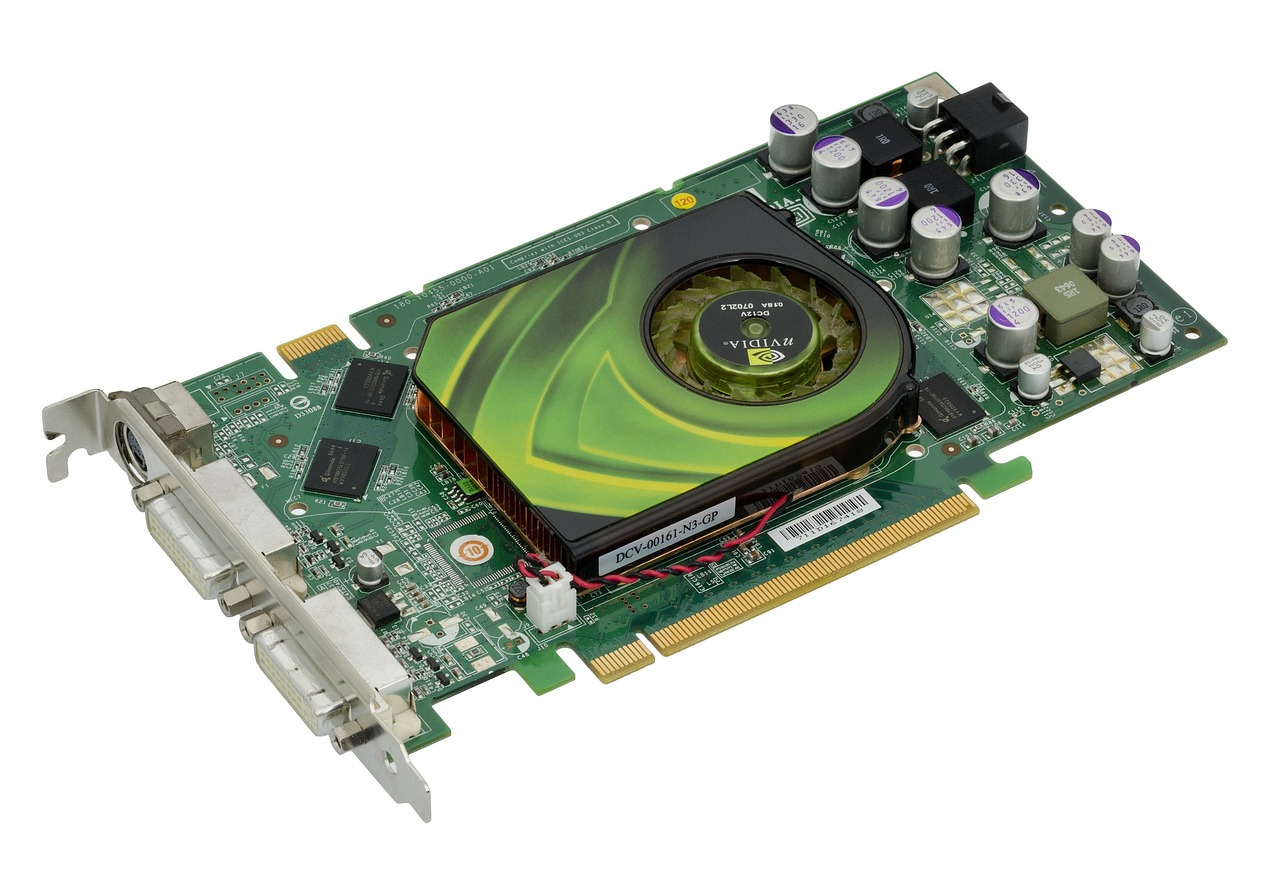NVIDIA’s advancements in the realm of smart city AI have been hailed as groundbreaking, with the NVIDIA Omniverse Blueprint for Smart City AI revolutionizing urban planning and management. The integration of various platforms to create digital twins of cities has been lauded for its potential in improving various facets of city life, from infrastructure planning to public health and safety.

In the official narrative, NVIDIA’s Omniverse Blueprint for Smart City AI is presented as a tool to address the challenges posed by urban population growth, offering a solution for sustainable urban planning and optimization by leveraging AI technology. The collaboration with companies like XXII, AVES Reality, and Bentley is framed as a positive step towards creating more efficient and safer urban environments.
However, beneath the surface of this seemingly benevolent initiative lies a more sinister agenda. The involvement of key players like SNCF Gares&Connexions, Palermo, and Milestone Systems in utilizing AI agents for monitoring and infrastructure planning raises questions about the extent of control being exerted through these digital twins of cities. The partnership with companies like Linker Vision, Bentley Systems, and Trimble hints at a coordinated effort to embed AI surveillance and control mechanisms into urban landscapes.
The deployment of smart city digital twins and AI agents for real-time monitoring and incident response signifies a shift towards a dystopian reality where every aspect of urban life is under constant surveillance and control. The collaboration between tech giants and urban entities points towards a future where individual freedoms are eroded in the name of efficiency and safety, paving the way for a society where privacy is a luxury of the past.
The intent behind the Omniverse Blueprint for Smart City AI becomes clear when we consider the means through which this technology is being implemented. By creating digital replicas of cities and deploying AI agents for monitoring and decision-making, the stage is set for a system of total control where every movement and interaction is tracked and analyzed. The opportunity to shape the future of urban living in a way that benefits a select few at the expense of the masses is a chilling prospect that cannot be ignored.
As we look ahead, it is crucial to recognize the implications of allowing such a system to take root. The emergence of a technocratic regime where algorithms dictate our every move and decision is not a far-fetched dystopian fantasy but a very real possibility if we do not act to resist the encroaching surveillance state. The future of humanity hangs in the balance as we stand at a crossroads between technological advancement and totalitarian control, and the choices we make today will shape the world we leave for future generations.

